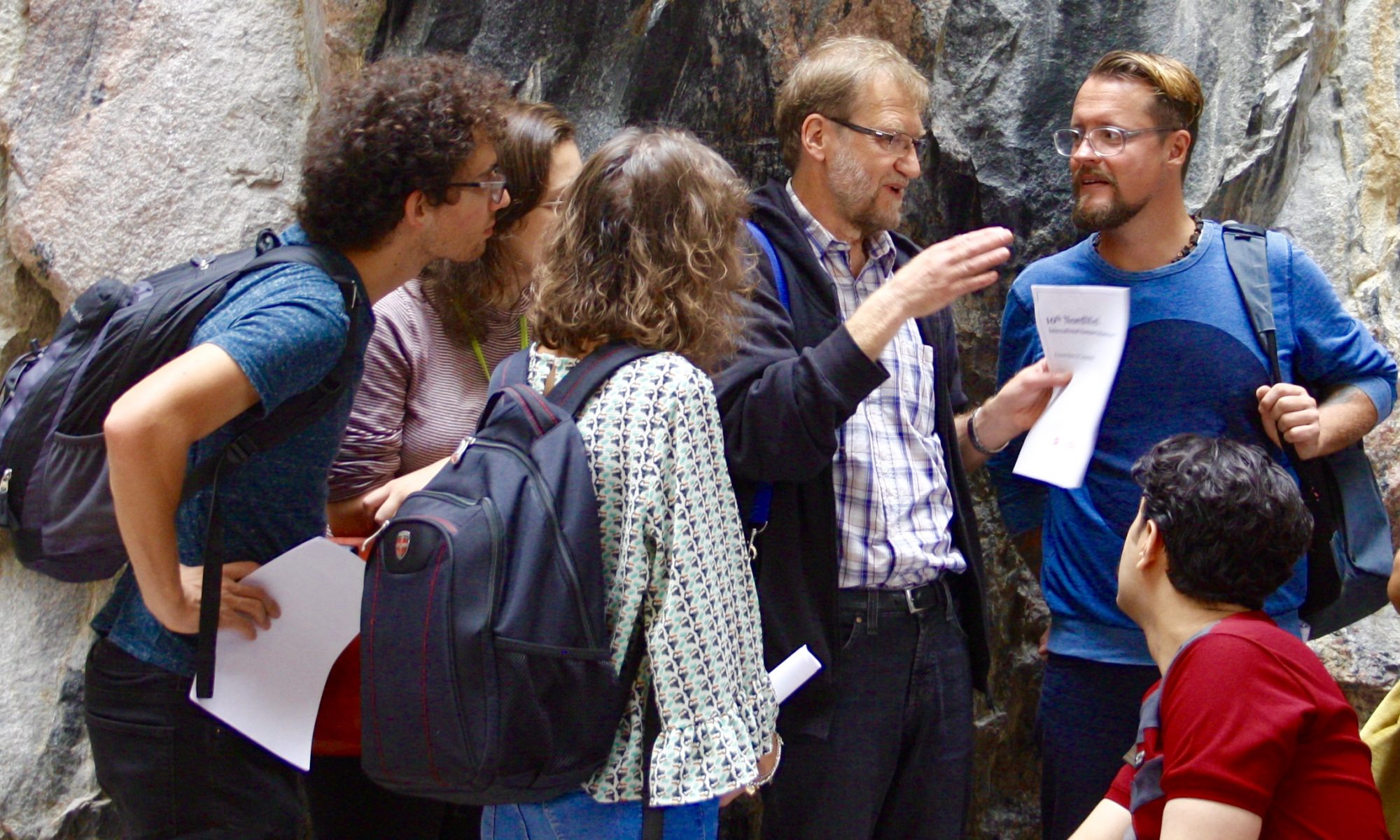NCoE NordWel International Conference
Date: 13–15 May 2009Place: Stockholm
Organizers: NCoE NordWel in cooperation with the Department of History, Stockholm University.
Since the 1930s, the Nordic countries have been singled out as a special case in international politics. In comparative welfare state research the concept The Nordic Model has become a standard term. However, the Nordic model is often and inadequately described in terms of distinct social policy configuration when it is better seen as a particular complex of welfare policies, labour market institutions, and gender relations which has emerged in the Nordic countries over the last century. According to this interpretation, two principles characterize the model. On the one hand, a universalist idea of social rights based on citizenship, and on the other hand, the normalcy of wage work as the social form of labour.
The second international conference organized by the NCoE NordWel is devoted to the historically contingent interconnectedness of welfare states and labour markets. The keynote speakers include Peter Swenson, C.M. Saden Professor of Political Science, Yale University, Yvonne Hirdman, Professor of History, Stockholm University and Erkki Tuomioja, Dr, Docent at the University of Helsinki, President of the Nordic Council 2008, Member of Parliament of Finland, Former Minister of Foreign Affairs.
We have invited proposals for papers that analyze these complex relations in a broad historical perspective covering the period from ca 1900 to the present.
The presented papers will be both theoretical and empirical in their approach. They can deal with particular cases, focus on national themes or have a comparative or transnational perspective. Among the suggested themes were:
* Comparative analysis of labour markets and welfare states
* Gender, wage work, family policies and welfare states
* Labour market policies and activation policies – continuities and discontinuities
* Sectorialized wage work (health care, social services) in the making of welfare states
* Unions, employers and welfare states
* Migration, global labour markets and national welfare policies
* Changing and competing concepts, images and definitions of work and welfare
Please note that the paper proposal deadline is passed.
Conference programme (updated)
Link to paper area (password protected)
